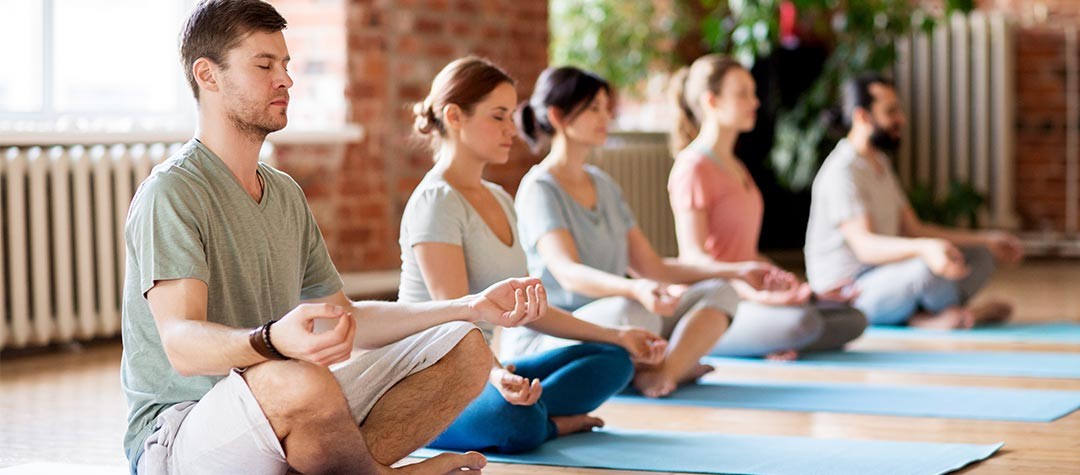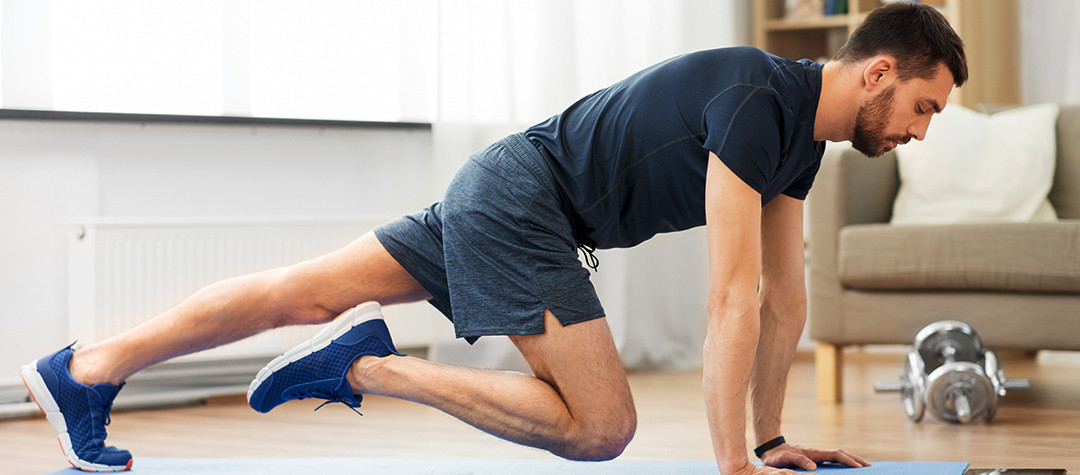How much do you really know about exercise? You may be surprised. Whether you’re a gym bunny or a new exerciser, we’ve put together some exercise facts you may not know. Here are 10 surprising fitness facts.
1. Your gym membership won’t counteract the hours spent sitting
Think your fitness class or gym session makes up for the fact you sit at a desk all day? Think again. According to a number of research studies, sitting for long periods of time puts you at risk of dangerous illnesses such as heart disease and diabetes, even if you are otherwise physically active. While you may spend an hour at the gym or playing sports each day, think about what you are doing for the other 23 hours. It is important to make an effort to move more often throughout the day in any way you can; even the smallest activities done regularly can make a difference to your health.
2. Exercise won’t make you thin
Many people use exercise as their sole method of weight management, however studies have shown that exercise, when not combined with dietary changes, does very little in respect to losing weight. A study published in The British Journal of Sports Medicine found that when a group of obese people completed 12 weeks of supervised cardio workouts without dieting, most did not experience any significant weight loss results. However, it is important to remember that, while it may not lead to weight loss by itself, exercise still has plenty of other health benefits.
3. Getting active helps you to achieve your goals
Getting started in exercise won’t just improve your body and health, it can also help you to achieve other life goals. A study of people training for a marathon in New York found that regular exercise improves people’s goal-setting, organization and discipline - both at work and in other areas of life. Kicking your laziness habit could also help you to ditch other vices; a study in the Archives of Internal Medicine showed that smokers who exercised were twice as likely to quit and stay cigarette free than those who didn’t do any exercise.
4. Stretching before running may lower your endurance
Many of us have been taught to warm up before exercise, however recent studies suggest that stretching before a run may not be beneficial to your workout. A study published in the Journal of Strength and Conditioning Research found that stretching before going for a run made a runner’s body less efficient so that they did not perform as well and were unable to run as far. Instead of stretching, try warming up with a walk and running-specific moves to mobilise your joints before your run. You should then make sure to include stretches as part of your post-run routine.
5. Facebook can boost your fitness motivation
You may not have thought that browsing Facebook could help with your exercise goals, yet research suggests that signing up to the site could seriously boost your fitness motivation. Firstly, the constant lurking danger of being tagged in an unflattering photo means that social media sites have become a huge weight loss trigger for many of us. In fact, a study by Fitbit identified unflattering Facebook photos as the new number one weight loss trigger for Brits. Furthermore, more research from Fitbit has revealed that 64 per cent of those surveyed felt motivated to workout as a result of fitness boasts made by their friends on Facebook.
6. Morning exercise could make you ill
While daily exercise is great for your health, research suggests that night owls may have an advantage over early-bird exercisers. A study by a researcher from Brunel University, Middlesex, found that heavy training sessions early in the morning compromised the immune system and put athletes at increased risk of infection from bacteria and viruses. While a morning jog or gentle exercise session is unlikely to put you at great risk - and may in fact be a great way to start the day - it may be best to save heavier workouts for later in the day.
7. Women and men respond to exercise in different ways
Exercise is a great activity to engage in as a couple, however it may not be a good idea for women to follow the exact same workout regime as their partner. A new study by researchers at the University of Missouri shows that women and men respond to exercise and diet in different ways, and that women need to do a lot more exercise and pay more attention to their diet to reap the same results as men. While exercising with your partner is a great way to stay motivated, try to tailor your workout to get the results you want.
8. Married couples do significantly less exercise
While marriage comes with plenty of health benefits, research suggests that singletons are much more likely than married people to follow a regular exercise routine. The poll commissioned by the Department of Health found that only 27 per cent of adults questioned met the recommended 150 minutes of physical activity per week and of these 76 per cent of the men and 63 per cent of the women were married. The researchers suggested that this is because married people “let themselves go” as they become more comfortable with each other.
9. 60 per cent of gym memberships go unused
While joining a gym is one of the most common New Year’s resolutions , research suggests that, as gym attendance tends to go back to normal by mid-February, 60 per cent of gym memberships go unused. Rather than wasting money on unused memberships, new exercisers can make the most of opportunities to exercise for free or on the cheap by heading out for a run or hike, trying free taster sessions of classes they might enjoy, or signing up for pay-per-class fitness classes.














